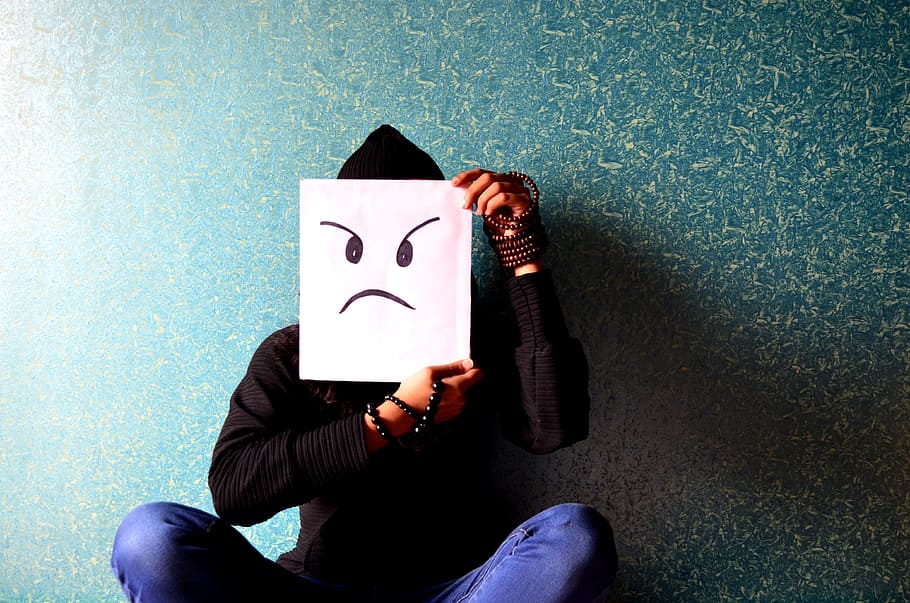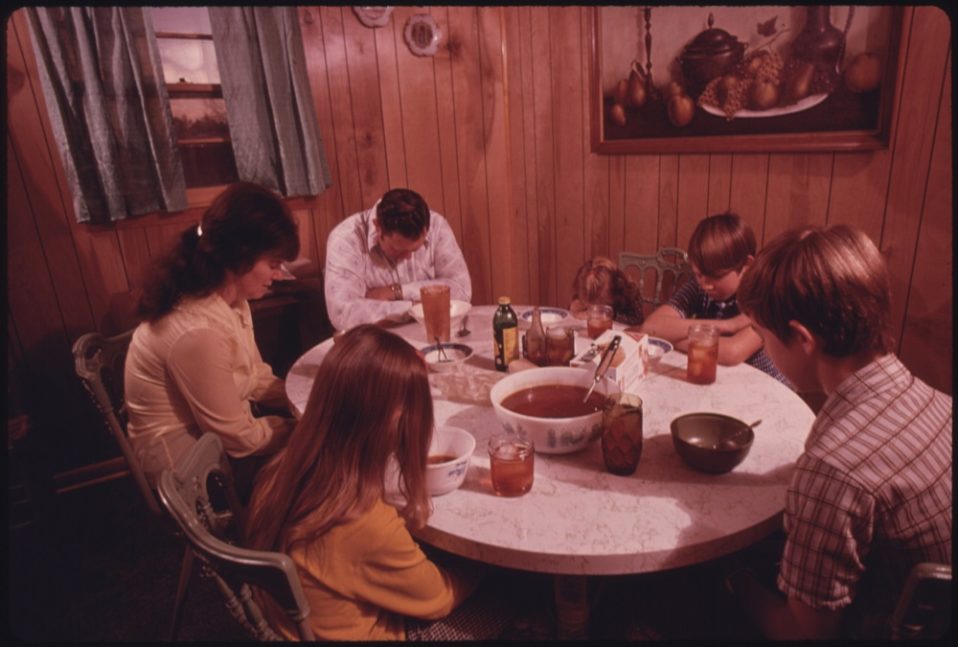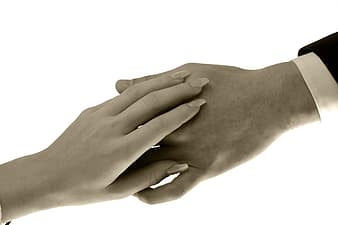This is not about physical pain. It’s about the emotional and mental pain that all of us suffer, in various forms, every day. The pain of anger, sadness, jealousy, anxiety, regret and of course, fear. One or the other of these emotions (and sometimes two or three of them simultaneously) raise their heads as we unconsciously ‘think ourselves’ into these negative states.
Apparently, we perceive ourselves getting pulled into this pain despite ourselves, due to external circumstances beyond our control. We seem to ‘try to resist’ this negative state, making all possible efforts to pull out of it. Many of us end up using narcotics, alcohol or various pharmaceutical drugs to alleviate the pain. We go to distant retreats for meditation, mental peace and spiritual insights so that we could remove or reduce this torment.
But are we really victims of this emotional pain (in various forms), or in a subliminal way, we voluntarily enter these states?
While practicing NLP ( Neuro Linguistic Programming), a question that is asked to an emotionally troubled person is “What is your strategy for getting into this state?” Presumably, we have a subconscious attraction to the roller coaster of positive and negative emotions every day.
Some pointers to the same, which seem plausible are:
- Emotions are addictive : Both, painful and happy emotions are addictive. In “The Power of Now”, Eckhart Tolle has described the “pain body” in each of us as like a living entity, which raises itself when it is ‘hungry’ and feeds on negative emotions. As we get different pleasures from Joy, happiness, satisfaction and love, each negative emotion (jealousy, anger, sadness etc) gives a unique experience of pain. Many of us regularly slip into a specific negative emotion as we are possibly addicted to the ‘kick’ that it is providing. Many relationships are plagued by action/thought patterns which create negative emotions, and people literally thrive on them. Have you had a conflicting relationship with someone, and then missed him/her when they were no more with you? So, is there an element of pleasure in experiencing this pain? Does that add value to our lives?
- Negative emotions contrast our happy emotions: If we in a ‘happy high’ all the time, its impact might diminish over time and we would need something more pleasurable to feel a ‘high’. The negative emotions take us down to our ‘emotional trough’ so that we could move back to the peaks of positive emotions and truly enjoy them. Many times we compartmentalize our lives ( stress/anger at work and peace/relaxation at home or conflicts with the spouse and happy time with friends). In such cases, we may subconsciously resist changing the pattern even if there is an opportunity.
- We crave intense emotions, even if it is painful : At some level, all of us want intense emotional experiences. There are occasions when happiness may not provide the intense experience that sadness or anger might. Why are sad songs so popular? Why do people read tragic stories and cry themselves into those pages? Why watch horror movies, extreme sports, WWF? We crave intensity, and admittedly, each emotion provides a unique and distinct experience, whether positive or negative.
- Emotions are a biological need : Emotions have generally been understood as the body’s reaction to a thought pattern. We start thinking about someone who cheated us and as the thoughts build in our mind, the body aligns to the thought pattern with the emotion of anger. This manifests as shortness of breath, tensing of muscles and maybe a loud outburst. We learn to ‘enjoy’ various emotions, which could include painful ones also, and over time, they literally become a biological need for us, as we run our ‘time tested’ thought patterns to generate these self inflicted pains.
So, seems we use a subliminal strategy to arouse the emotional ‘pain’ we feel at regular intervals. The question is, can we really eliminate it or do we manage it effectively?
Considering the wisdom that has come over the ages from various spiritual practices (and my limited understanding of the same), the most practical approach seems to be to realize that we cannot do without emotions as long as we are playing active roles in society, but can distance ourselves from the ‘addictive’ high or low.
When we see a sad movie, we feel the sadness, but in a detached way. It provides us the ‘unique experience’ of sadness without hurting us internally. Also, we disconnect with the emotion when the movie finishes.
But in real life we tend to identify with a painful situation and keep reliving the emotion till it damages our body, like a harmful addiction.
So the one practical solution is to detach from an emotion before it takes full control of our body and senses.
To do that, would require us to be aware when an emotion is emerging inside us, which, to say the least, is quite difficult. Usually, the emotion sneaks upon us stealthily, and grabs us before we are aware or can control it.
The interesting thing is that, presumably, this is part of our ‘strategy’ to feel pain. We move into a negative thought pattern, allowing the emotion to build up silently. As the emotion overcomes and consumes us, we feel the ‘kick’ and then, as we become aware of it, we slowly reverse our thought pattern to diminish it.
But, sometimes, we are unable to reverse it (maybe an intense experience, deep loss, shocking deception/treachery etc) and the emotion pulsates inside us for days or weeks. Eventually, we tire of the pain and let go, to start again a few days later.
Emotions are too vast a subject to be covered in a post, but being aware of some truths could possibly help:
- Emotions are like habits and we have our ‘pet addictions’ running a continual loop. Some are happy and some are sad.
- May be difficult to eliminate the painful ones, but surely possible to manage them, slowly moving towards ‘healthier’ habits of positive feelings.
- The ‘kick’ comes from intense emotional experiences. If we get over this need (addiction), we can resist seeking out situations or creating thought patterns (thus causing pain to ourselves, destroying relationships or possibly our health).
- Avoiding intensely positive emotional experiences may help, as a positive peak will strengthen the addiction and may lead us to seeking an intense negative experience, as part of the cycle.
Many religions and spiritual practices have suggested “equanimity” as the answer to the gale of emotions that blow in our minds all the time. That seems a logical way to avoid the ‘addiction’ of intense emotional experiences.
But then, isn’t the real pleasure of life in living it fully, deeply and intensely?
Any thoughts or feedback are welcome !





Post a comment